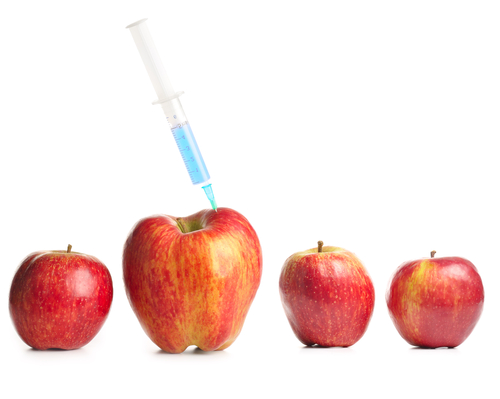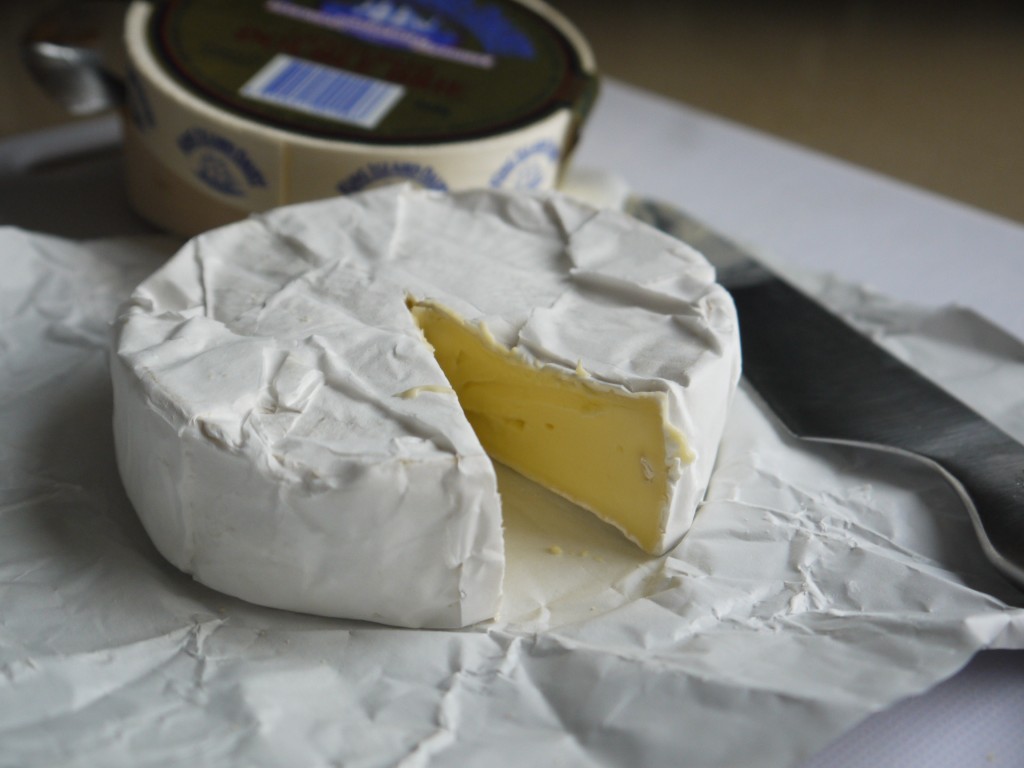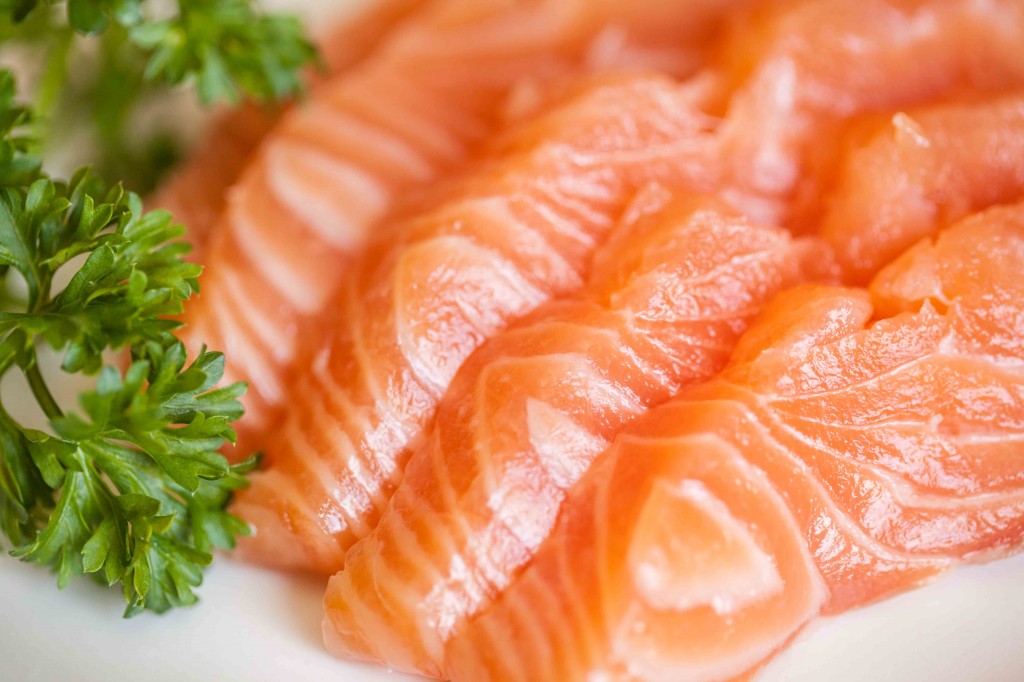If you can’t remember what you had for breakfast, chances are that you may have a low level of food consciousness … and you are not alone. Vv Magazine’s Alida Di Placido takes a deep dive into the importance of being more food conscious and whether investing into organic food is worth it.
Lately, I have realized how much impulse eating I do. Most days I grab food on the go while running around the city. Often times I’ll scarf down a bag of chips, cookies, or whatever I can get my hands on to avoid the ugly side of being “hangry.” I used to believe that choosing a salad or some fruit from a local joint was healthy, and even though that is better than wolfing down a burger, I’m starting to realize I have little idea where the food I eat comes from.
In order to keep up with the world’s rising demand for food, the industry significantly increased the use of pesticides to grow crops and introduced a number of Genetically Modified Organisms (GMOs) into our food system. I recently attended the Organic by Choice conference where one of the most controversial topics discussed was the GMO Arctic Apple made by Canada’s Okanagan Specialty Fruits. Unlike the first GMO corn and soybean, which were created to protect essential crops from pest infestation, the GMO apple was created for consumer convenience. The DNA of this specific fruit has been altered to turn off the enzyme that makes it go brown.
This topic gained media coverage internationally, with Dr. Oz recently asking his audience, “Would you serve a genetically engineered apple to your family?” The United States Department of Agriculture (USDA) thinks you can. In February 2015, the apple received their approval and a few days ago it was approved in Canada as well. It became the first genetically modified fruit permitted for sale in North America, with a target to hit local shelves by early 2016. A couple of weeks later, Okanagan Specialty Fruits was acquired by Intrexon Corporation, a publicly traded synthetic biology company from Maryland.
Is the GMO apple safe? The Okanagan Specialty Fruits Company claims that it is absolutely no different than a non-GMO apple, however the FDA has no concrete research to prove that there won’t be longterm health issues in humans. In the meantime, companies such as Gerber and McDonald’s are boycotting GMO apples altogether.
Do non-organic foods really cost less money?
At face value, yes. Since organic foods make up only 3% of our system, it is difficult to eat organic all the time and most people incorporate it gradually into their diet since the purchase price is generally higher than conventional products. There are additional, hidden expenses that have to be considered as well. The first is health impacts and its associated costs. It is proven that pesticides have been linked to a variety of health problems, including hormone disruption, cancer, and brain toxicity. More macro factors include the over-utilization of earth and the chemical pollution of the environment. The price for that will be paid by future generations.
Here are some tips that can help you eat clean, live longer, and enjoy real food:
Fruits and Veggies
Fresh fruits and vegetables are always a healthier choice than processed foods. If you have not heard of the Environmental Working Group’s “Dirty Dozen”, it is time you make this your bible when purchasing produce. The list will help you make the best choices to put your money where it counts.
The Dirty Dozen (in order of contamination):
Apples, celery, tomatoes, cucumbers, grapes, nectarines, peaches, potatoes , snap peas, spinach, strawberries/blueberries, and sweet bell peppers.
Plus, watch out for hot peppers and kale/collard greens that –even though do not make the top 12– have increasing levels of pesticides when grown conventionally.
The Clean 15 (in order of least contamination):
Asparagus, avocado, cabbage, cantaloupe, cauliflower, eggplant, grapefruit, kiwi, mangoes, onions, papayas, pineapples, sweet corn, sweet peas, and sweet potatoes.
Meats
The rule of thumb for meats is “eat less, but better quality.” Graham Hill’s Ted Talk on “Why I’m a Weekday Vegetarian” is a perfect illustration of how the over-consumption of meat in North America is a detriment to the economy, environment, and our health. A study conducted by Hélène St. Jacques, founder of Informa Market Research Co. Ltd., shows that local butchers, farm stores, and farmer’s markets selling antibiotic- and hormone-free meats can be at par or lower than meats sold in supermarkets.
Dairy
Similar to meat, North Americans consume way too much dairy. We are the only mammals that consume milk in adulthood. Worse yet, said milk is produced by a different species. But if you love dairy like I do, the variety of organic dairy is plentiful and portions do matter. Remember, one portion of cheese is the size of your thumb, and not an entire wheel of brie.
Fish
Fish has caused some controversy in the food world with both wild and farmed seafood containing higher-than-ever mercury levels. Next time you hit up that all-you-can-eat sushi joint, think twice about how much you will really eat. The Environmental Working Group made it easier by publishing the below list:
The Good – All of these can provide ample Omega-3s while posing little mercury risk:
Anchovies, Herring, Mussels, Salmon, Sardines, Shad, and Trout
The Bad – All of these contain the highest levels of mercury and the lowest levels of Omega-3s:
Canned Albacore Tuna, Halibut, King Mackerel, Sea Bass, Shark, Spanish and Atlantic Mackerel, Swordfish, Tilefish, and Tuna Steaks
Grains
According to many sources, consuming organic grains is not as necessary as investing into organic produce, meats, or dairy. For example, Manitoba Harvest Hemp Foods points out that their non-organic line of hemp hearts is naturally non-GMO, so no need to bust your budget to buy organic. However, given that 30% of our diet is supposed to comprise of grains, a clever and affordable way to cut out fertilizers and pesticides is to buy organic flour and make your own breads, pastas, cookies, and cakes.
Herbs
Simple solution: Grow your own.
If you eat better, eat less, love food, hate waste, know your farmer, and know your food, you will be on your way to being more food conscious and living a healthier life!
Would you eat the non-browning GMO apple? Or do you only eat organic? Let us know in the comments section below or follow us at @ViewTheVibe.












